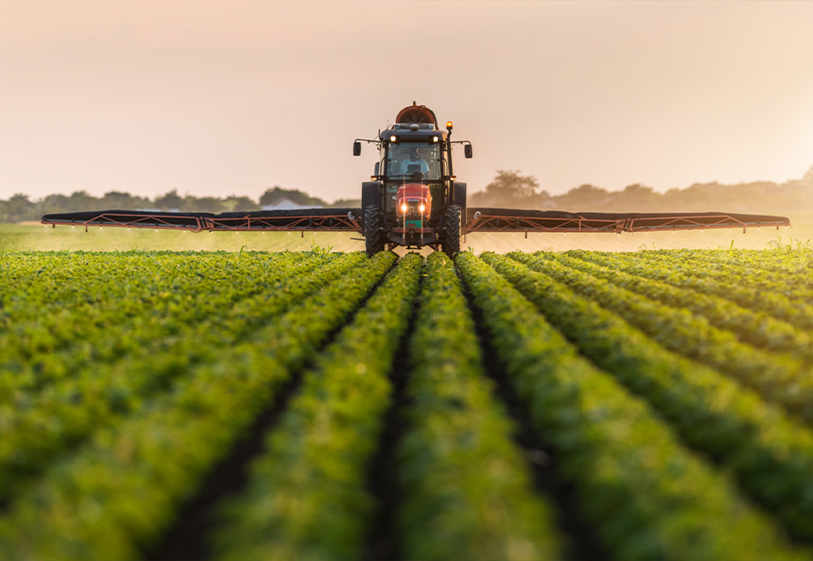How to manage cost of farm equipment?
The cost of farm machinery is a major factor for any farmer to think about. Nevertheless, you're probably spending more money than is totally necessary. There are some costs that you can't avoid, but there may be better ways to run your farm.
You're in luck if lowering expenses is a priority of yours. Depending on the specifics of your farm, you may be able to save money in a few different areas. Here are our top suggestions for you:
Improve Your Farm Tools
How efficient is the farm equipment you're using? It may be time to upgrade your power-hungry gadgets to something more efficient.
It may be necessary to sell unused equipment to raise money for a new machine. Keeping farm machinery in working order that isn't contributing to output is a waste of resources.
Equipment that is still in good working order might be sold to provide money for the purchase of more advanced machinery that will increase your farm's output and revenue.
It's Not Always a Bad Idea to Rent
Equipment that will be used for a limited time should be rented instead of purchased. If the farm is not in a position to purchase the equipment outright and it is unlikely to be used regularly, renting it may be the more cost-effective option. Many farmers and ranchers rent larger farm machinery like skid loaders, grain drills, combines, and tractors.
Collaboration with Neighbors
You and your neighbors might both benefit from having some outside help with your farm machinery projects. You'll get help from a pro who knows the local production scene inside and out, and your neighbors will save money by dividing their fixed expenses over a larger area of land.
Take Ownership Costs into Account
Remember to include the alternative hidden costs before making a decision. Although there may be initial cost savings from buying used equipment, keeping that equipment running may get expensive. Those who don't want to store and maintain farm machinery during the off-season or deal with a deteriorating asset may prefer to lease it, while those who see the equity potential in amassing additional equipment may be willing to go through the effort of buying. Many dealers also provide loan options and rental services to give farmers more choices when it comes to paying for new machinery.
Equipment Size Matters Regarding Farm Machinery
When first starting out, many small-scale or part-time farmers won't require massive farm machinery. However, as their operations grow, they may need to upgrade to more substantial tools. If you're simply farming 3–4 acres, you won't have to plow an acre of land in 15 minutes.
Although the fuel cost per acre covered is about the same, larger tractors and implements use more fuel per hour than smaller tractors with smaller tools. When choosing the right size of tractor to buy, think about what you'll need it for now and in the future.
Matching Tractors with the Right Equipment
It's important to get the right implement for the right tractor or power tool. A wide variety of tools have minimum and maximum horsepower (hp) requirements.
Read up on the implement you're interested in buying to get a sense of how much power it needs, or consult with dependable farmers about the ideal hp range for the tool in question.



